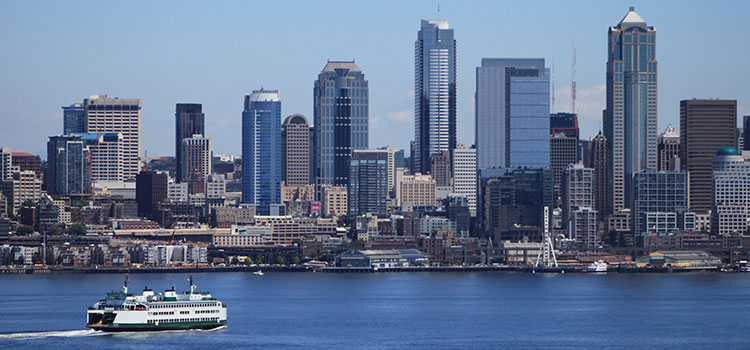In 1998, Washington state passed I-692, allowing citizens with debilitating conditions to grow medicinal cannabis at home. The actual regulation of medical cannabis was largely left to the local governments until 2010 when the state attempted to regulate MMJ statewide. However, due to a last-minute waiver by then-governor Kristine Gregoire, the attempt largely failed. Despite the falter, a set of loose regulations did emerge governing collective gardens and setting designated providers.
Next, in 2012, Washington passed I-502, bringing regulated recreational cannabis to the Northwest. Unfortunately, I-502 did not tackle the elusive regulation of the medical cannabis system that had been flourishing in the Evergreen State. After trying again and failing in 2014, lawmakers finally passed legislation during the 2015 legislative session that merged the unregulated medical cannabis system into the regulated recreational system.
Despite widespread opposition from medical cannabis activists against the two laws, the state has pressed forward with the merging of medical and recreational cannabis.
The plan from the WA Liquor and Cannabis Board (LCB) is to allow medical cannabis shops who meet the following requirements to apply for MMJ retail licenses first: The business must have opened before 2013. Second, the company must have applied for a license before July 1, 2014. Third, they must have maintained both a local and state business license. Fourth, they must be up to date on their taxes.
Medical cannabis shops will now have the same location restrictions as retail cannabis stores. The nearly 200 operational recreational cannabis stores in the state can now apply for medical endorsements, but the number of medical licenses allowed statewide has not been determined. The original 334 cap on retail shops has been lifted. The new regulations affect all sectors of the medical cannabis industry, meaning producers must indicate the amount of cannabis canopy dedicated to growing medical-grade marijuana.
The Washington State Department of Health (DOH) recently released emergency rules that govern what is and isn’t medical marijuana. These are in conjunction with the already-implemented guidelines for recreational cannabis. The rules cover the amount of THC and CBD allowed in medical-grade products, and ask for more stringent guidelines for heavy metal and pesticide testing, with a prohibited pesticide list promised in the future (the DOH will partner with the Department of Agriculture to devise the list).
The rules also prohibit the addition of terpenes, encourage workplace sanitation, and require training for dispensary workers on the different uses of cannabinoids. Finally, the rules prohibit the use of medical terminology and insist that each MMJ label declares, “This product is not approved by the FDA to treat, cure, or prevent any disease.”
Photo Credit: SounderBruce
Get daily cannabis business news updates. Subscribe
End
